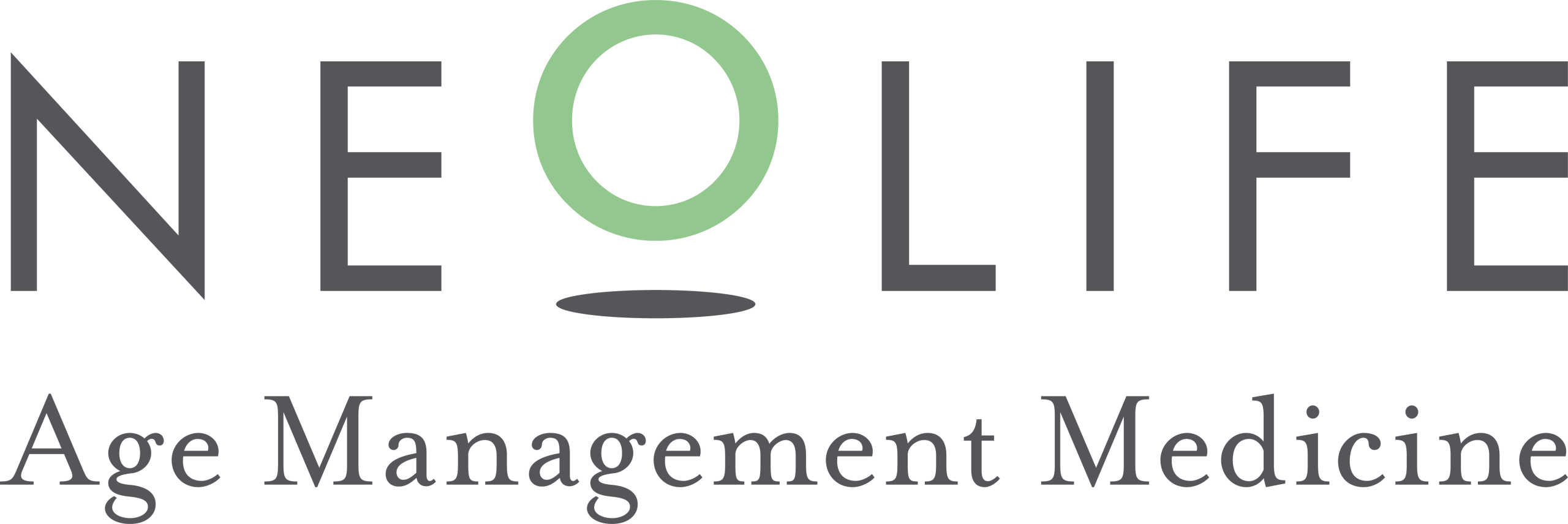Neolife Nutrition Department
The ketogenic diet plays a key role in the fight against cancer and has been shown to be an important non-pharmacological tool in its treatment.
Tumor cells cannot use ketosis to obtain energy, as they lack the ability to utilize ketone bodies, depending largely on glycolysis for their survival. A diet lacking in carbohydrates and rich in proteins and fats limits the supply of glucose and as a result glycolysis is decreased and tumor cells lose their main energy supply.
Unfortunately, in the war against cancer, conventional wisdom has not been very effective when it comes to prevention and treatment of the disease, with hundreds of thousands of people dying prematurely each year as a result.

How do we cover cancer prevention and treatment from a nutritional point of view?
The ketogenic diet aims at generating a state of ketosis (the formation of ketone bodies) similar to that which occurs when we fast. This state is achieved either through insufficient food supply – the amount of energy provided in the diet is less than what is required – or through reducing the intake of foods rich in carbohydrates – thereby avoiding carbs and increasing the intake of foods that are rich in proteins and fats. This type of diet, which should only be applied under strict medical supervision and for a limited time only, has proven to be the most effective in the fight against cancer.
Why is the ketogenic diet so effective in the fight against cancer?
In the body’s natural state, cells depend on cellular respiration as a source of energy and ATP. During periods of food deprivation, or in the absence of glucose, these cells may also resort to ketosis as an additional source of energy. However, tumor cells cannot use ketosis to obtain energy, as they lack the capacity to utilize ketone bodies, depending largely on glycolysis for their survival. Malignant cells therefore need glycolysis for energy production, even in high oxygen states.
From a nutritional perspective, a diet lacking in carbohydrates and rich in proteins and fats limits the supply of glucose and as a result glycolysis is decreased and tumor cells lose their main energy supply.
Moreover, an increased intake of carbohydrates will be detected by the pancreas which results in an increased secretion of insulin. Insulin is important for normal cellular growth in the body and is a powerful growth factor stimulating mitosis through signal transduction and DNA synthesis. As a growth factor, it acts by binding to the insulin receptors of the cell membrane, stimulating mitosis and DNA synthesis of the body’s cells.
Insulin also has anti-apoptotic properties, which means decreased tumor cell death.
Increased circulating insulin levels have been linked to an increased risk of certain forms of cancer (such as prostate and colon cancer). Therefore, by limiting the intake of carbohydrates we can achieve a reduction in tumor growth as well as an increase in the destruction of the tumor cells.
The best way to carry out an adequate ketogenic diet is to maintain a very low intake of carbohydrates, and replace them with beneficial fats (monounsaturated and polyunsaturated fatty acids), trying to keep a ratio of Ω-6/ Ω-3 close to 3, and limiting protein to high-quality organic sources. It is advised to consume 1 to 1.5 grams of protein per kilogram of body weight.
A healthy diet is especially important when you have any form of cancer, because the disease and its treatments can affect the way you eat (nausea, loss of appetite, increased energy needs and changes to food tolerances), yet the way you eat also has a determining effect on the treatment of the disease. The ketogenic diet, properly implemented and supervised by specialists, has led many people back to health, even after being diagnosed with aggressive cancer and with little hope of survival.
In addition to following a ketogenic diet, the nutritional recommendations in cancer treatment by Cancer Research UK Epidemiology Unit of Oxford University, are as follows:
- Moderate alcohol consumption (excessive consumption can cause cancers of the oral cavity, pharynx, esophagus and liver).
- Minimize exposure to aflatoxin, a type of mold found in wheat, nuts and corn…(can cause liver cancer).
- Avoid canned meat and red meat (can cause colorectal cancer).
- A moderate intake of salt (excessive intake can cause stomach cancer).
- Avoid very hot drinks and foods (can cause cancer of the oral cavity, pharynx and esophagus).
BIBLIOGRAPHY
(1) https://www.cancer.gov/clinicaltrials/search/view?cdrid=742309&version=HealthProfessional
(2) https://articles.mercola.com/sites/articles/archive/2013/03/10/ketogenic-diet.aspx
